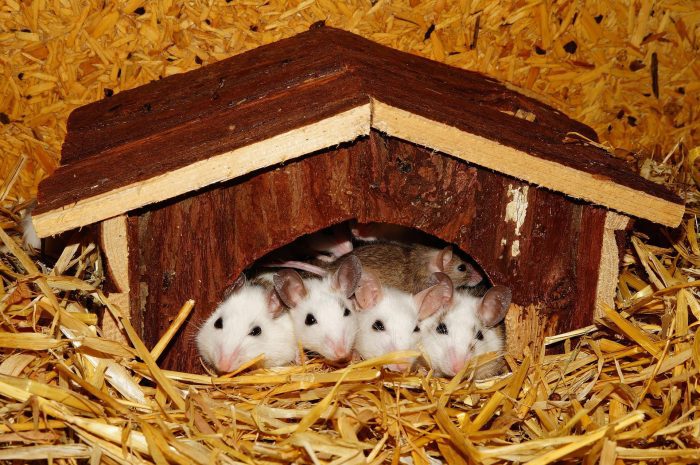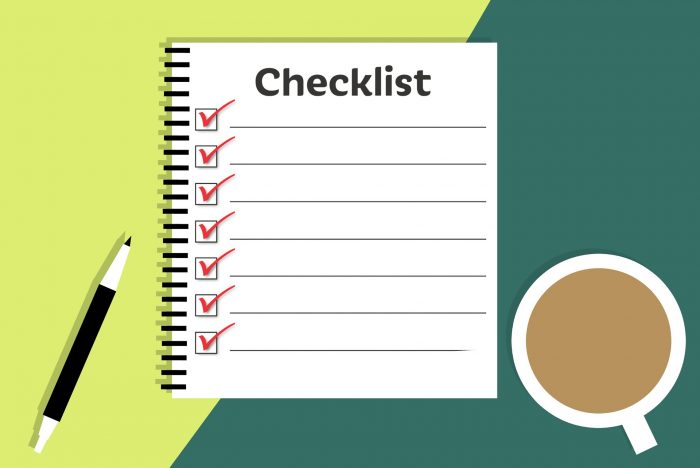By Daniel Dunaief

I was born in March, so, of course, I wished I were born in the summer.
My brothers were both born in the heat of the summer, which means they could go to a warm beach on their birthdays, sail across some waterway around Long Island, and celebrate the passage of another year without a midterm on their big day or, even worse, the day after their birthday.
But, the real reason I wished my birthday came during the summer was so that I could attend a Yankees game.
When my birthday rolled around, pitchers and catchers were often reporting to spring training, getting ready for the marathon of each baseball season.
When my son was born in July, sandwiched between a host of other family birthdays on both sides of the family, I figured he would have the chance to pursue the kind of unfulfilled baseball fantasy that I could only imagine as I was memorizing facts, figures and formulas for another set of tests before, during and immediately after my annual rite of passage.
Recently, we celebrated his birthday by going to one of the last few Yankees games before the All-Star break.
We had the privilege of attending a weekend game, when neither of us felt the need to work or meet a deadline.
My son is taking a summer course for which he was supposed to have a virtual test the day before we went to a game. The computer system crashed that day, and the professor suggested everyone take it the next day.
The system, however, continued not to work, perhaps obeying a secret wish my son made over his customized birthday cake, giving him the opportunity to enjoy the entire day with little to no responsibility other than to reply to all the well wishers and to compliment them on their melodic singing.
The game itself became a blowout early, as the Yankees scored run after run, and the Red Sox seemed to retreat to the safety of the dugout soon after coming up to bat.
Both of us ate more than we normally do in a day, celebrating the outing and reveling in the moment, high-fiving each other and the reveling strangers in Yankees jerseys in front of us.
While the packed stadium started to clear out when the game seemed out of reach for the visitors, we remained in our seats until the last pitch, soaking up the sun, predicting the outcomes of each pitcher-hitter match up and observing the small games-within-a-game that comes from watching the defense change its positioning for each hitter.
It still confounds me that a team could leave the third base line completely open, shift all the infielders towards right field, and still, the hitter won’t push the ball in a place where he could get a single or double. After all, if they heeded the advice of Hall of Famer Willie Keeler who suggested they “hit it where they ain’t,” these batters could get a hit, raise their batting average and contribute to a rally just by pushing the ball to a huge expanse of open and unprotected grass in fair territory.
Amid the many relaxing and enjoyable moments of connection with my son, he shared that he kind of wished he had born in the winter. After all, he said, he loves hockey and always imagined going to an NHL game on his birthday.
I suppose the grass is always greener, even on your birthday.
To be fair, though, he did add that wasn’t a genuine wish, as he was thrilled to attend baseball games on his actual birthday, and he was pleased that, in every other year, he didn’t have to worry about exams.














